
Ensaios de um escritor frustrado
¥8.18
Ensaios de um escritor frustrado

O que você deve fazer para aproveitar a black friday
¥8.18
O que você deve fazer para aproveitar a black friday
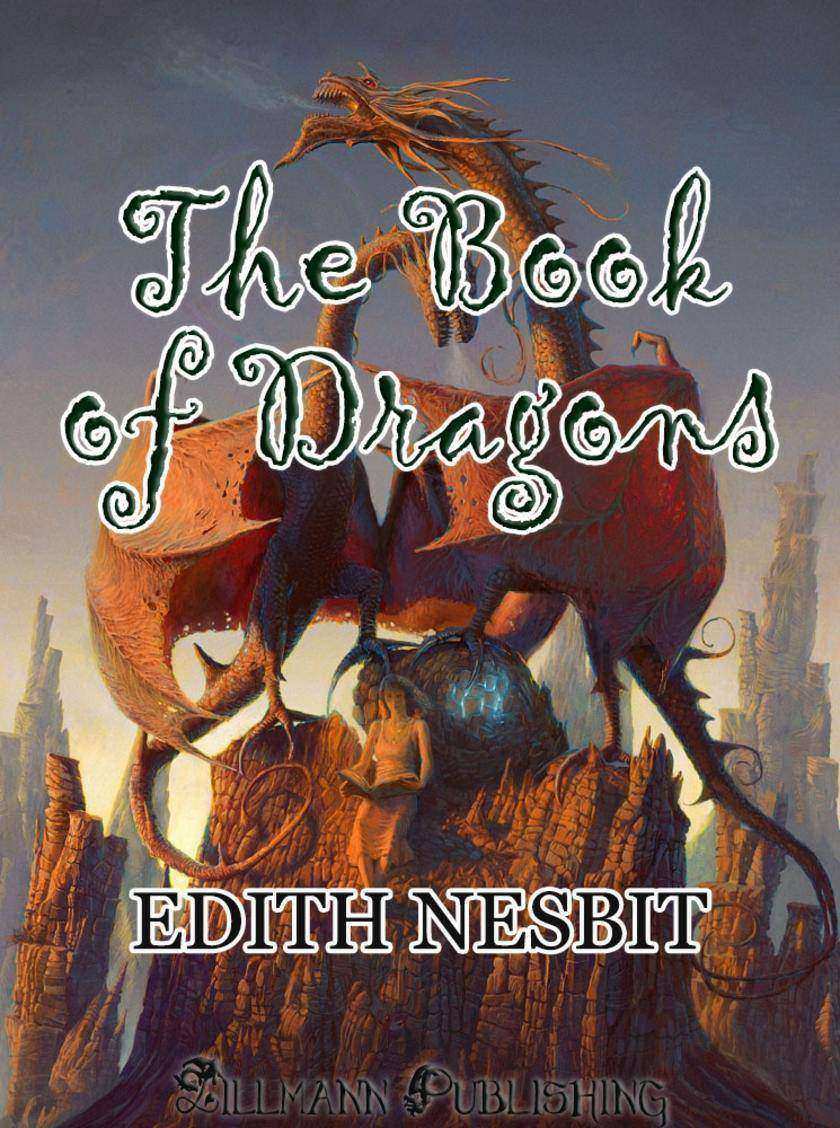
The Book of Dragons
¥8.18
Un b?ie?el singuratic ?i f?r? prieteni Un b?rbat secretos care a petrecut ani de zile ?ncerc?nd s? transforme metalele ?n aur Unul dintre cele mai mari genii ale tuturor timpurilor Toate cele de mai sus! ? Afl? mai multe despre adev?ratul Isaac Newton ?n aceast? biografie amuzant? ?i minunat ilustrat?!
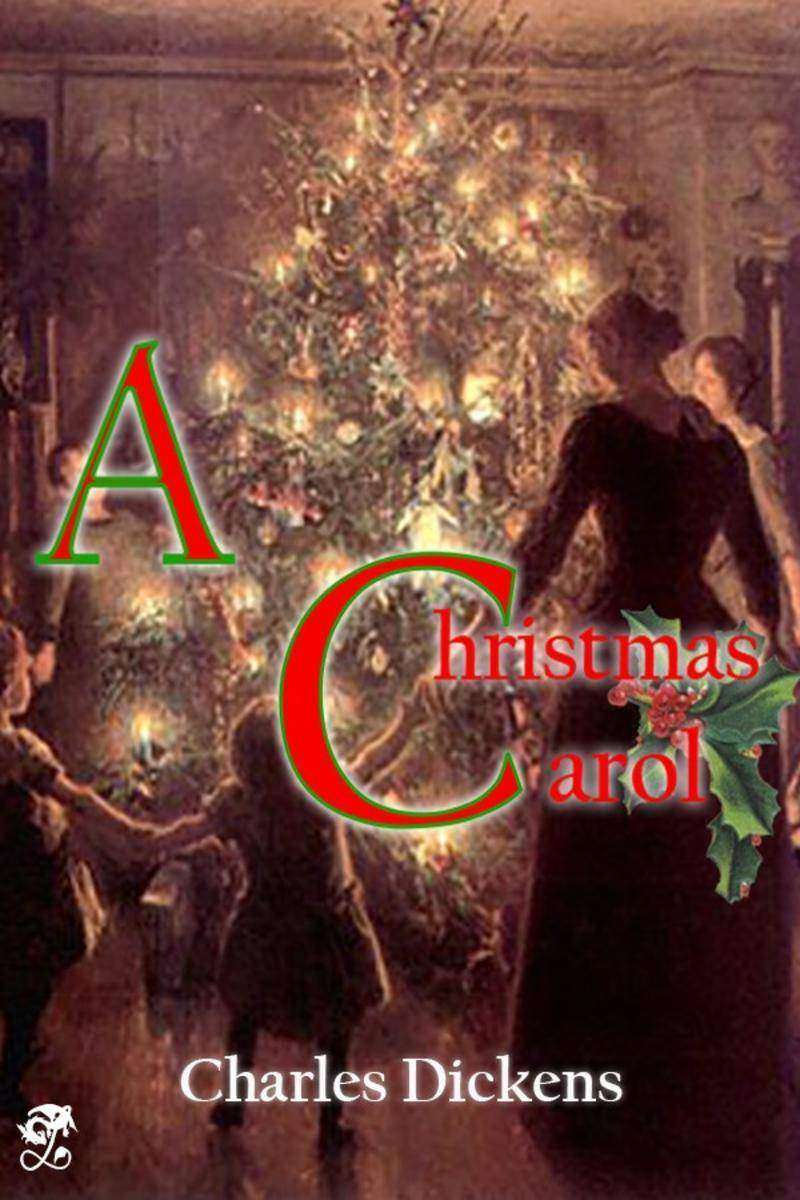
A Christmas Carol in Prose: Being a Ghost Story of Christmas
¥8.18
Soii Claudia i Haruya Sumiya sunt modele de buntate i sensibilitate. Au parcurs zeci de mii de kilometri n drumurile lor din Japonia pn n Ro-mnia, pentru salvarea cinilor fr stpn, n timp ce 90% dintre romni, spre ruinea lor, au asistat pasivi la mcelrirea a peste 300.000 de cini. Etalon pentru iubitorii de animale, cartea se adreseaz tuturor vrstelor; are i candoare, i caracter educativ, i mult nelepciune. Dac au inim, n paginile ei se regsesc oameni din toate categoriile socia-le. Judecata de valoare a doamnei Claudia Sumiya este imbatabil: ntr-adevr, toi cei care se ocup s omoare cinii, de la preedinte pn la hingherul de rnd, sunt oameni cu mintea contorsionat”. Devotai unei cauze nobile, soii Sumiya i-au salvat de la un sfrit iminent i ngrozitor pe celua Fetia din Romnia, pe motanul Sultan i pe ci-nele Sheba din Japonia. Grija lor i a iubitorilor de animale s-a ndreptat i spre eroul Ta-keshi Koizumi, condamnat la moarte pentru vina de a-i fi rzbunat cel mai loial prieten, cinele Chiro, ucis de hingheri, cu bestialitate. Cu siguran, familia Sumiya este binecuvantat cu mult fericire, pentru c iubirea revrsat ctre un animal se ntoarce nze-cit spre cel care-l iubete necondiionat. nchei prin a-i felicita pe cei doi autentici iubitori de animale i scriitori remarcabili, care ne dau permanent lecii de via: Iubim oamenii, de aceea cei mai inteligeni dintre ei spun c noi suntem cei mai buni prieteni ai lor. V mulumim c existai!“ – Marius Marinescu

A Personal Mission Statement: Your Road Map to Happiness
¥8.18
A Personal Mission Statement: Your Road Map to Happiness
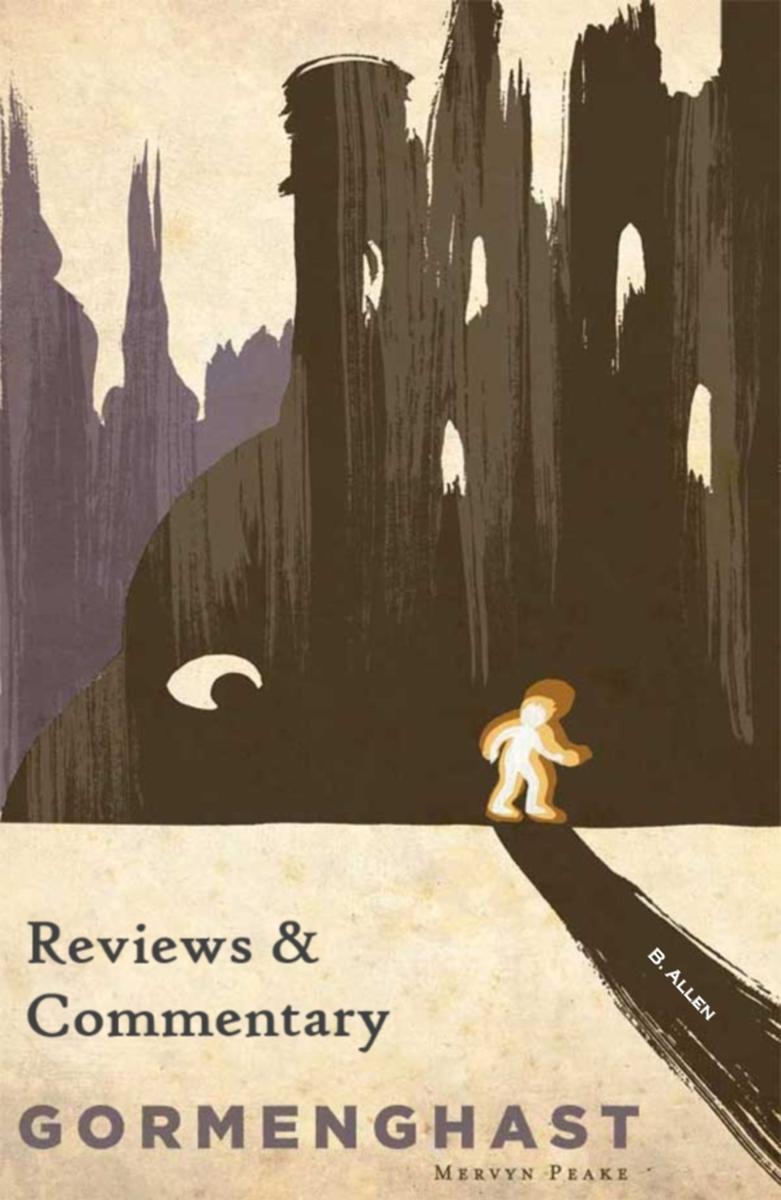
Gormenghast - Reviews & Commentary
¥8.18
Gormenghast - Reviews & Commentary

10 Ways to Be Annoying
¥8.18
10 Ways to Be Annoying

10 Ways to Be Less Consumerist
¥8.18
10 Ways to Be Less Consumerist

10 Perguntas básicas de entrevista de emprego e como respondê-las
¥8.18
10 Perguntas básicas de entrevista de emprego e como respondê-las

Afirma??es que v?o programar a sua mente a pensar positivo
¥8.18
Afirma??es que v?o programar a sua mente a pensar positivo

10 Maneiras de economizar nas compras online
¥8.18
10 Maneiras de economizar nas compras online
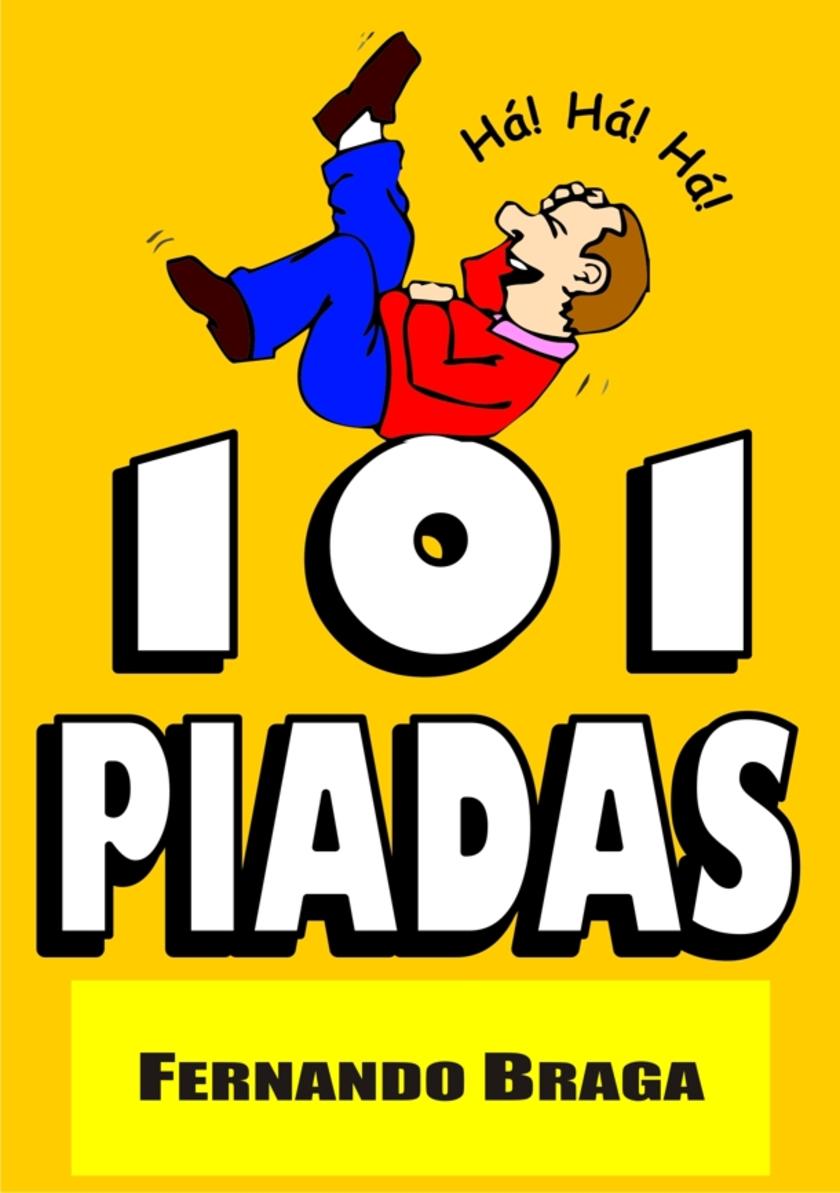
101 Piadas
¥8.18
101 Piadas

101 Fatos que você n?o sabia e nem procurou saber
¥8.18
101 Fatos que você n?o sabia e nem procurou saber

Let's Talk about Love
¥8.18
Let's Talk about Love

10 Condutas básicas que você deve ter no trabalho
¥8.18
10 Condutas básicas que você deve ter no trabalho

20 CM ou mais
¥8.18
20 CM ou mais
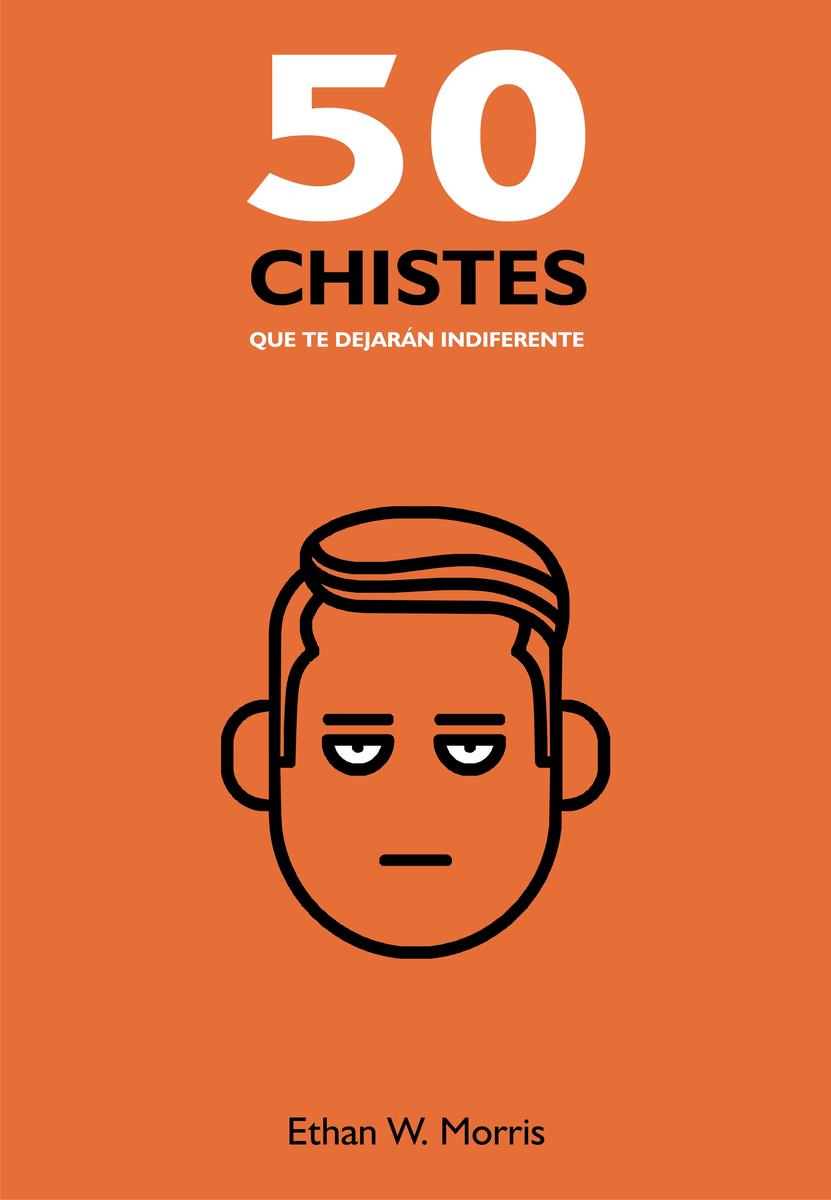
50 Chistes que te dejarán indiferente
¥8.18
50 Chistes que te dejarán indiferente

Toma aqui uns 50 reais
¥8.18
Toma aqui uns 50 reais

It's Horror, but It's Funny!
¥8.18
It's Horror, but It's Funny!

Alimentos e receitas para você evitar a depress?o
¥8.18
Alimentos e receitas para você evitar a depress?o

The Perfume of Love
¥8.18
The Perfume of Love




 购物车
购物车 个人中心
个人中心



